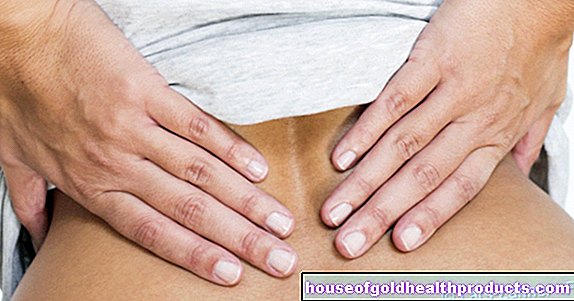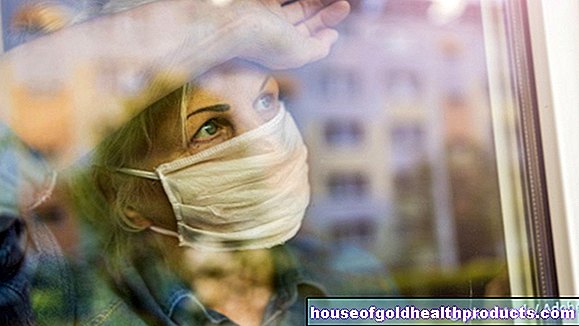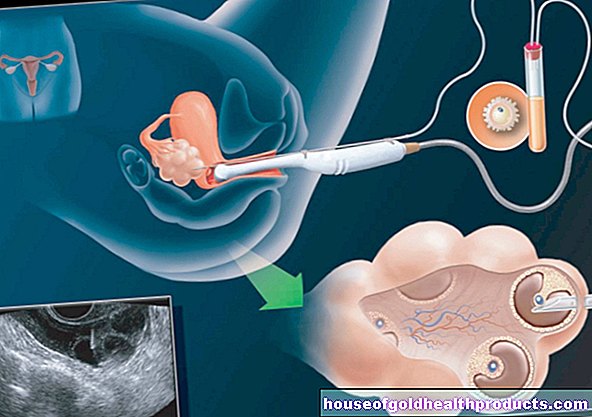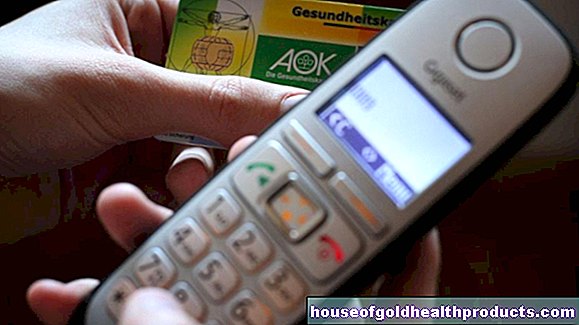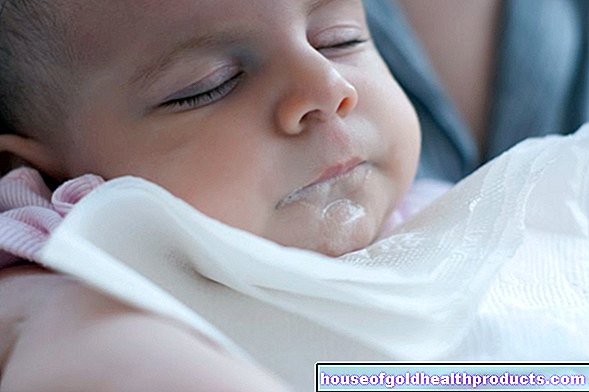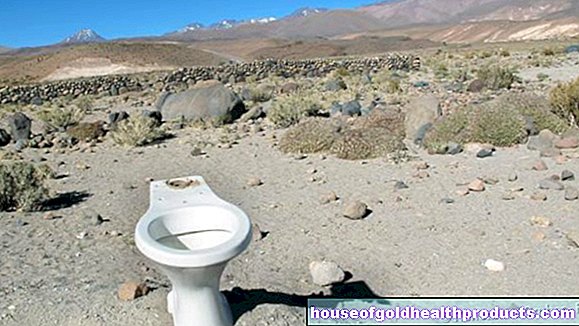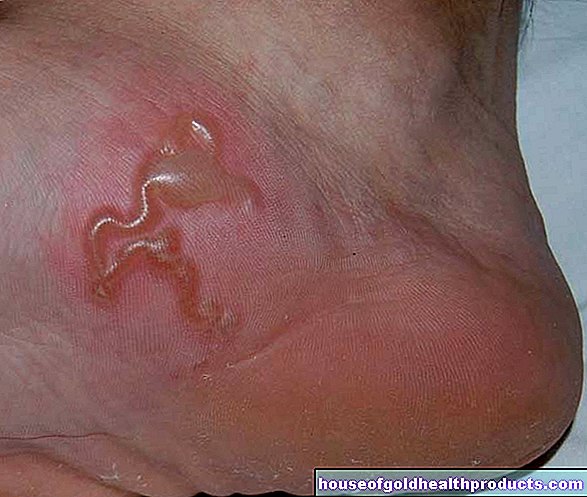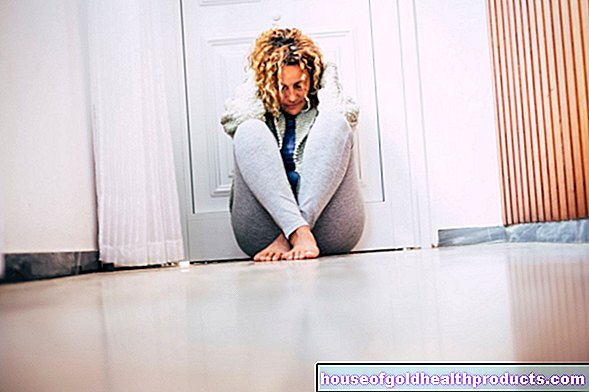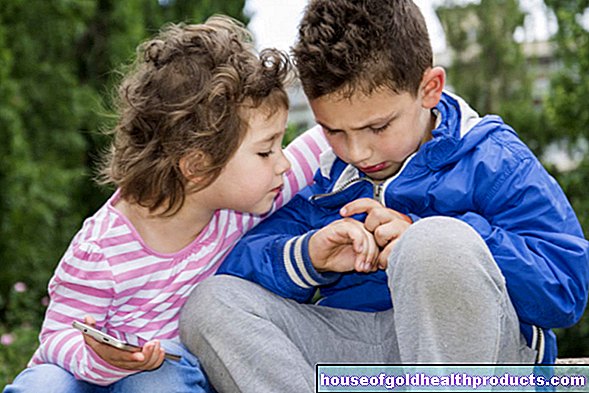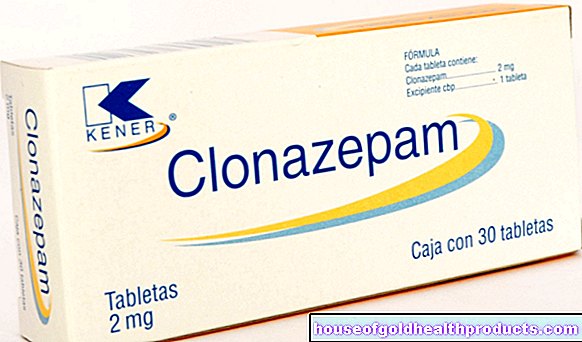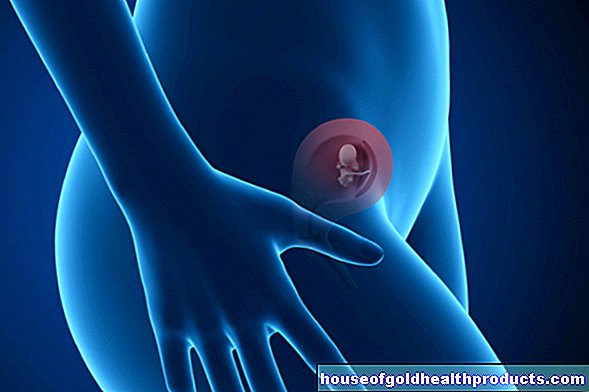High blood pressure: sunbathing as a vascular protection
All content is checked by medical journalists.MunichThe sun as a natural blood pressure lowering agent - that sounds almost too good to be true. In fact, the UV radiation helps to lower the pressure in the vessels. How exactly have British and Scottish researchers found out in a small study: The key lies in a small molecule that the sun's rays circulate through the skin.
It has long been known that blood pressure and the incidence of cardiovascular diseases vary depending on the season and the latitude where people live. The following applies: The further away someone lives from the equator, the more likely it is to have higher blood pressure values. This also applies to the winter season. Prof.Martin Feelisch and his colleagues at the University of Southampton and University of Edinburgh examined more closely. For this they selected 24 healthy subjects and had them sunbathe for 20 minutes in a solarium twice. In the first session, the test subjects were exposed to UVA rays and the natural heat generated by the lamps. During the second session, the UV rays were specifically filtered out so that only the heat from the lamp could act on the skin. At the same time, the subjects' blood pressure was precisely recorded.
Nitric oxide as the key
And indeed - the direct comparison of the two situations showed that only the visits to the solarium, in which the UV radiation was directly involved, had a positive effect on the blood pressure. Apparently, the radiation helps to expand the diameter of the blood vessels - the diastolic blood pressure fell by an average of 4.9 mmHg as a result. For comparison: an optimal diastolic blood pressure value is given as 80 mmHg, from 90 mmHg one speaks of high blood pressure.
A certain molecule plays the key role in this positive effect of the sun's rays on blood pressure: nitric oxide (NO). NO and its breakdown products are abundant in human skin, but it is also involved in the regulation of blood pressure. "When the skin is exposed to UV radiation, small amounts of NO get from the skin into the circulation and affect the blood vessels there," says Feelisch. Because NO activates an enzyme that triggers the relaxation of the muscles surrounding the vessels.
Skin Cancer vs. Circulatory Health
Doctors recommend exposing the skin to as little natural UV radiation as possible in order to protect it from skin cancer. But those who avoid the sun too much could increase the risk of cardiovascular diseases, the researchers conclude. These in turn are considered to be big killers worldwide - around 30 percent of the deaths are due to them every year.
With their results, the scientists want to contribute to the discussion about sunbathing. “Now could be a good time to reconsider the risks and benefits of solar radiation on human health and take a fresh look at general health recommendations,” said Feelisch.
Artificial vitamin D is not a substitute
So far, it was mainly known that UVB radiation is important for the body to be able to produce vitamin D. Vitamin D is particularly important for the health of the bones, for example, but the immune system and the circulatory system also benefit from it. That is why attempts have been made again and again to simulate the effect by artificial administration of the vitamin without having to accept the harmful effects of sunbathing. "However, trials with dietary supplements have so far yielded disappointing results, perhaps with the exception of bone health," say the scientists. "We believe that NO is an important factor in cardiovascular health that has been overlooked so far," explains Feelisch. Because the effects that have now been found on blood pressure were shown to be completely independent of the vitamin D balance in the subjects' bodies. Future studies should therefore examine the role of the NO molecule in more depth. (lh)
Source: Donald Liu et al. UVA Irradiation of Human Skin Vasodilates Arterial Vasculature and Lowers Blood Pressure Independently of Nitric Oxide Synthase. Journal of Investigative Dermatology; 133, S209-S221. doi: 10.1038 / jid.2013.10
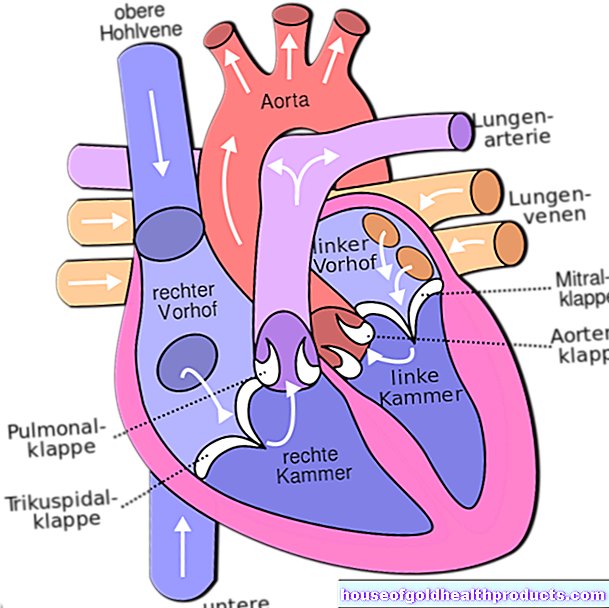
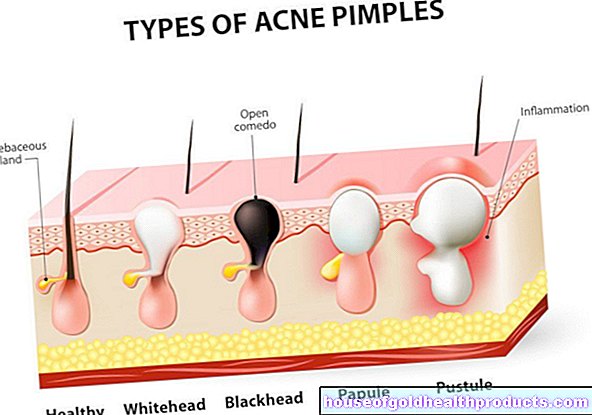
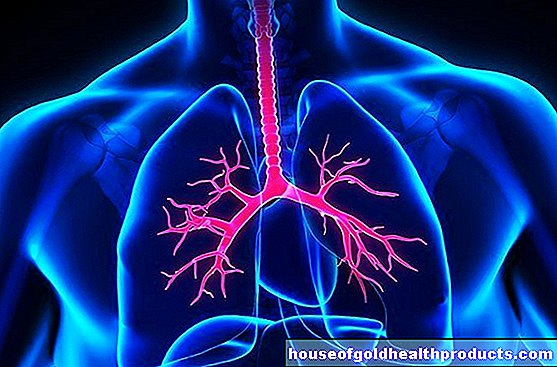
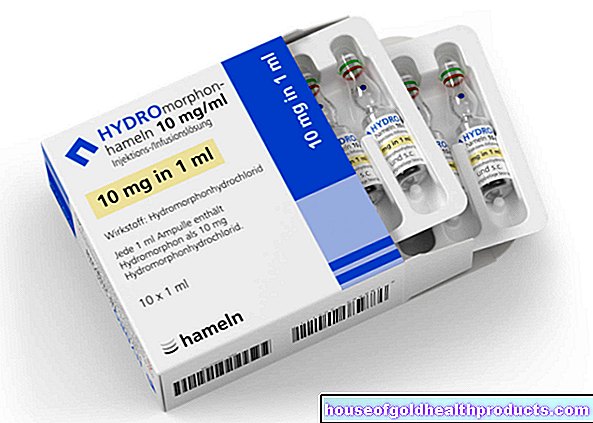
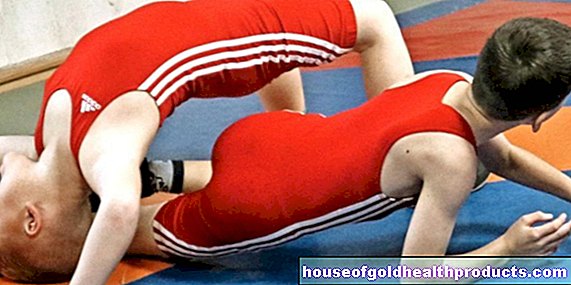
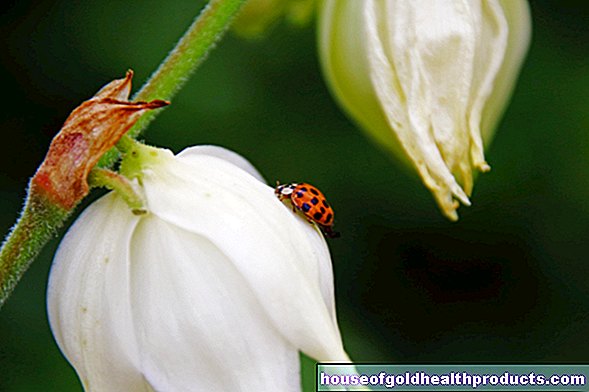
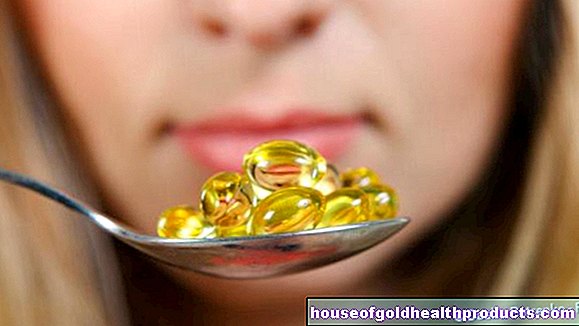
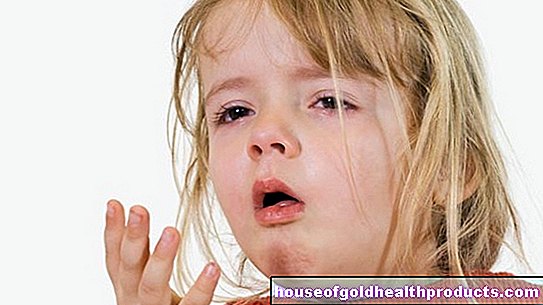
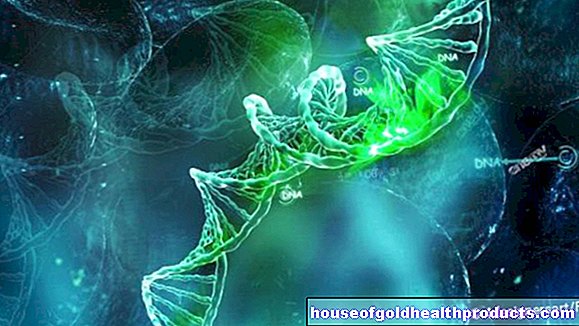
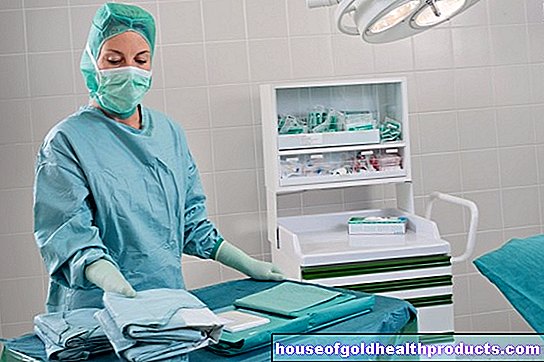
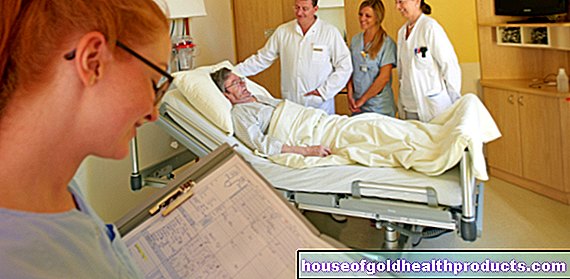
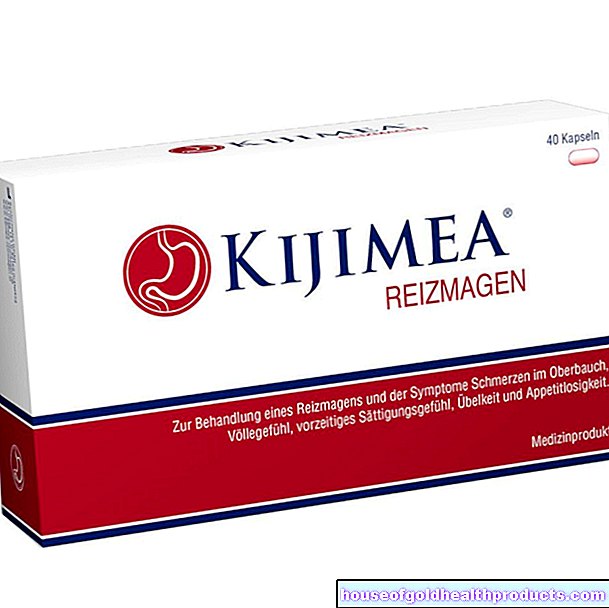
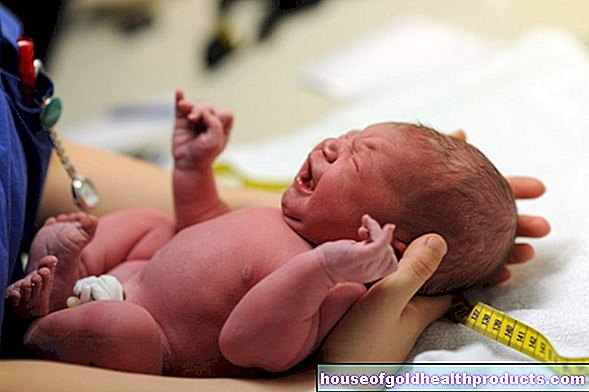
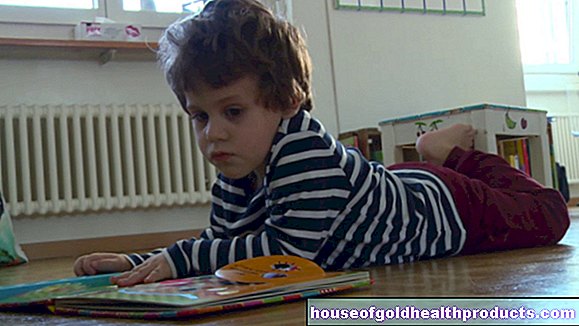
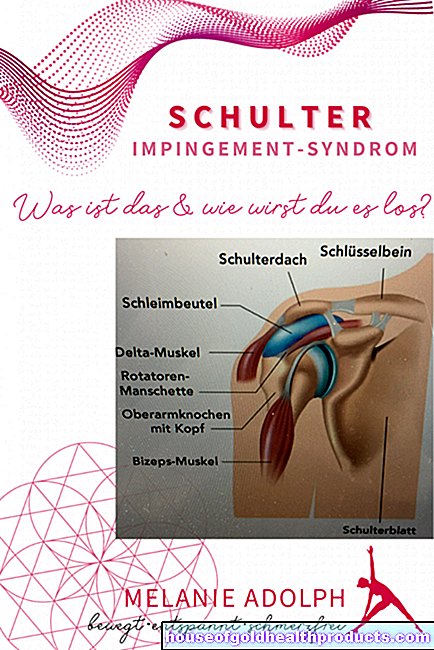
-warten-auf-den-piks-der-freiheit.jpg)

